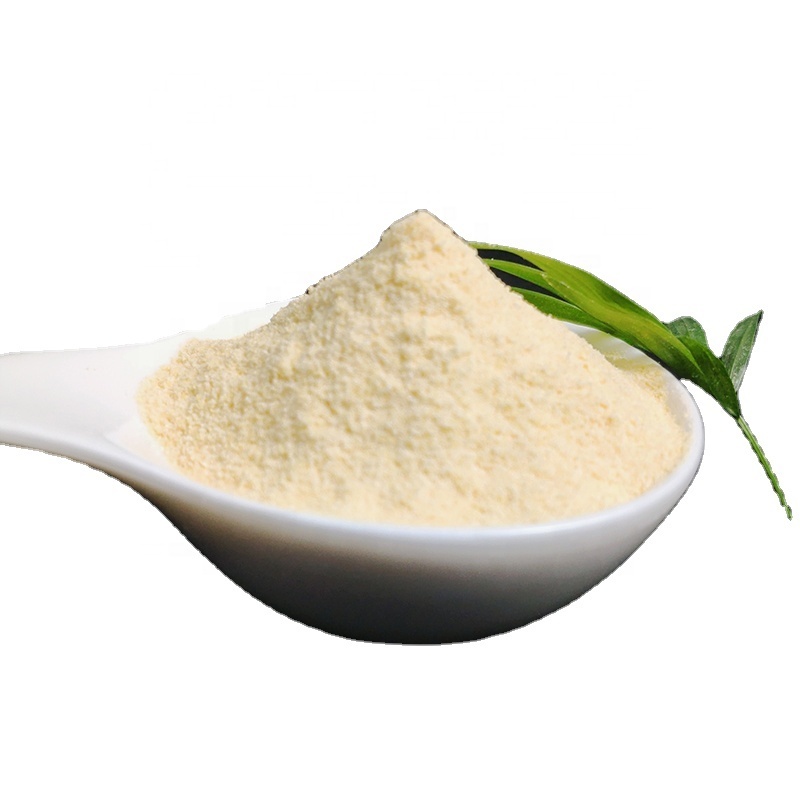-
Categories
-
Pharmaceutical Intermediates
-
Active Pharmaceutical Ingredients
-
Food Additives
- Industrial Coatings
- Agrochemicals
- Dyes and Pigments
- Surfactant
- Flavors and Fragrances
- Chemical Reagents
- Catalyst and Auxiliary
- Natural Products
- Inorganic Chemistry
-
Organic Chemistry
-
Biochemical Engineering
- Analytical Chemistry
-
Cosmetic Ingredient
- Water Treatment Chemical
-
Pharmaceutical Intermediates
Promotion
ECHEMI Mall
Wholesale
Weekly Price
Exhibition
News
-
Trade Service
At a time when many international companies are refusing to trade with Russia because of the Russian-Ukrainian conflict, India is in talks to increase Russian oil imports from Rosneft, whose state-owned refiners hope to get more discounts
from Rosneft PJSC.
People with knowledge of the companies' procurement plans say India's state-owned refining companies are working together to finalize and ensure that Russia can provide India with a six-month contract
for additional crude oil supply.
They said the seller would be responsible for handling the transportation and insurance of the oil
.
If these supply deals are finally reached, they will be independent of the oil
that India has already purchased from Russia through other agreements.
A person familiar with the matter, speaking on condition of anonymity, said details of the specific quantities and pricing were still in talks with Indian banks, which would provide full financing
for all goods.
They added that with the closing of deals with top international traders such as Glencore Plc, Indian refiners will increasingly make direct purchases from Russian companies such as Rosneft
.
The state-owned refineries in India mentioned above include Indian Oil Corp, Hindustan Petroleum and Bharat Petroleum, while private refiners include Nayara Energy
, which is partly owned by Reliance Industries and Rosneft 。 The procurement activities of state-owned and private companies are carried out independently, and the spokesmen of the three state-owned enterprises cannot immediately comment on
this.
At a time when sanctions and trade restrictions on Russia imposed by the United States, the United Kingdom and the European Union have led most buyers to flee, Indian state-owned and private refineries have been increasing Russian oil imports
.
Last month, an unprecedented amount of Russian crude was shipped to India and China, while European buyers scrambled to find alternative energy sources, even as far as the UAE
.
Since the start of the Russian-Ukrainian conflict in late February, the ensuing panic and diversion of global oil flows have pushed oil prices up more than
20 percent.
As Asia's second-largest oil consumer, Indian refiners have been enjoying high profits in converting cheap crude oil into fuel, which can be sold domestically or exported to customers in Europe and the
United States.
Russian crude is only one part of India's overall crude feedstock basket, and in addition to Russia, India also buys other long-term and spot crude from
the Middle East and Africa.
A potential increase in Russian crude purchases could weigh on
India's spot imports, people familiar with the matter said.
India bought more than 40 million barrels of Russian oil between late February and early May, about 20%
higher than the flow for all of 2021, according to Bloomberg calculations based on trade data.
Russian oil flows into India in May were 740,000 barrels per day, up from 284,000 barrels in April and 34,000 barrels
in the same period last year, Kpler data showed.
Although India's purchases of Russian crude are not illegal and have not violated any sanctions, India has been under pressure from the Biden administration and the European Union to stop doing business with Moscow in order to cut off the Kremlin's access
to oil revenues and funds.
In this regard, India reiterated that its imports from Russia are negligible compared to European purchases, accounting for only a small part of
the country's total consumption.
Preferential Russian oil has provided some economic relief for India because more than 85% of its oil is imported, and at a time when inflation is soaring, prices for everything from food to fuel are soaring
.
The supply of cheap crude oil has boosted India's oil imports, which rose nearly 16 percent
in April from a year earlier.
In terms of oil imports, the share of oil in the Eurasian region, including Russia, expanded to 10.
6 percent in April, compared with 3.
3 percent
in the same period last year, according to India's Ministry of Oil.
Under EU sanctions, global crude oil trade flows have also changed
.
The latest reports show that carriers of Russian crude oil are turning to an unusual way of transporting goods from Europe to new customers over longer distances
.
The most recent example is ship-to-ship transshipment
in the middle of the Atlantic.
According to vessel tracking data monitored by Bloomberg, the Aframax tanker Zhen I unloaded its cargo
at the supertanker Lauren II in waters 300 miles west of Madeira.
The transfer took place from
26 to 27 May.
It is not uncommon to transfer goods to larger ships, strange places where
currency transfers take place.
In general, most transfers take place in sheltered waters, where the risk of oil spills is greatly reduced
.
But Russian cargo was diverted to large ships near Scow, Denmark, the western Mediterranean near the Spanish North African town of Ceuta, and even the North Sea
near Rotterdam.
This is the first cargo transfer
to appear on the high seas.
According to Bloomberg's loading procedures, Zhen I has now returned to the Baltic Sea, where it will load the next shipment
from Russia's Primorsk in mid-June.
Lauren II is drifting in the middle of the Atlantic, possibly waiting for the transfer
of another cargo.
Ships as large as Lauren II can carry up to three of the usual cargo of ships like Zhen I, making them a more economical option
when transporting crude oil long distances.
Sanctions on Russian crude by some European refineries have forced more crude to take long detours to buyers, especially in India
.
As EU sanctions begin to further affect the inflow of European crude oil, some analysts expect Russia to open new markets for its oil, which means more Russian crude will be transported further afield
.
In this context, ocean freight transportation is likely to become more common
.







